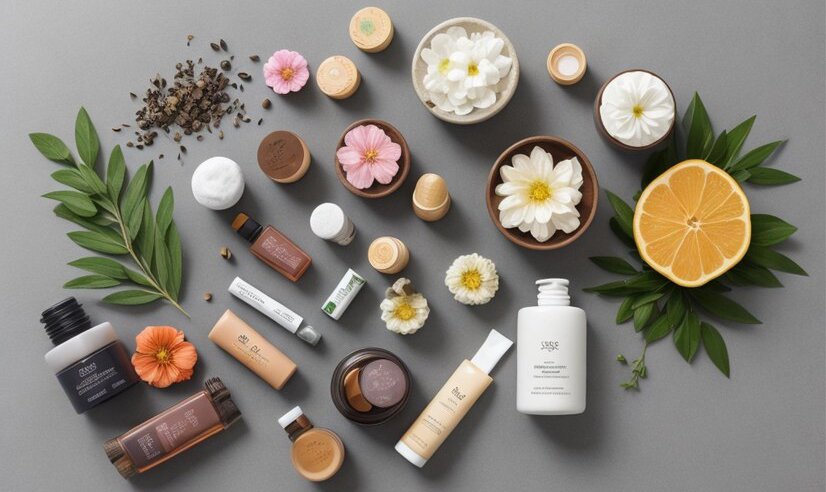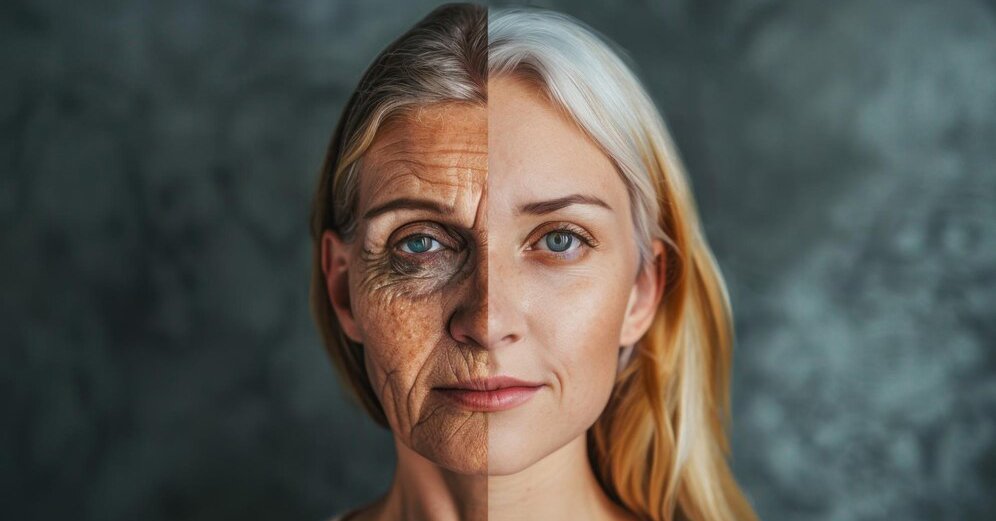Cosmetic products have become an integral part of our daily routines, promising enhanced beauty and self-confidecen. However, the sheer variety of ingredients used in these products can be overwhelming. Understanding these ingredients is crucial for making informed decisions about what we apply to our skin. In this guide, we delve into the most common and significant cosmetic product ingredients, their benefits, potential risks, and their roles in your beauty regimen.
1. Understanding Cosmetic Ingredients
Key Active Ingredients
Hyaluronic Acid
Hyaluronic Acid (HA) is a naturally occurring molecule in the skin known for its hydrating properties. It can hold up to 1,000 times its weight in water, making it an excellent moisturizer. Products containing HA are beneficial for all skin types, particularly dry and aging skin. Complete Guide to Cosmetic Product Ingredients
Retinoids
Retinoids, derivatives of Vitamin A, are celebrated for their anti-aging effects. They accelerate cell turnover, promote collagen production, and help diminish fine lines and wrinkles. Retinoids are potent and can cause irritation, so it’s important to use them as directed and introduce them gradually into your skincare routine.
Vitamin C
Vitamin C is a powerful antioxidant that protects the skin from environmental damage. It brightens the complexion, reduces the appearance of dark spots, and boosts collagen production. Look for products containing L-ascorbic acid, the most effective form of Vitamin C for skin benefits. Complete Guide to Cosmetic Product Ingredients.
Common Preservatives
Parabens
Parabens are widely used preservatives that prevent the growth of harmful bacteria and mold. However, their safety has been questioned due to potential links to hormone disruption. Many brands now offer paraben-free products for consumers concerned about these risks.
Phenoxyethanol
Phenoxyethanol is an alternative preservative to parabens, commonly used in natural and organic cosmetics. It is effective against bacteria and yeast, ensuring the longevity and safety of cosmetic products.
2. The Role of Emollients and Humectants
Emollients
Shea Butter
Shea butter is a rich emollient derived from the nuts of the shea tree. It is packed with fatty acids and vitamins, providing intense moisture and a barrier to protect the skin from environmental stressors.
Squalane
Squalane is a highly effective emollient that mimics the skin’s natural oils. It is lightweight, non-greasy, and suitable for all skin types, offering hydration and improved skin texture.
Humectants
Glycerin
Glycerin is a humectant that attracts moisture to the skin’s surface, helping to keep it hydrated. It is commonly found in moisturizers and cleansers, suitable for all skin types.
Urea
Urea, a natural component of the skin’s moisturizing factor, enhances water retention and exfoliates dead skin cells. It is particularly effective in treating dry, rough skin conditions.
3. Surfactants and Their Importance
Sodium Lauryl Sulfate (SLS)
SLS is a surfactant known for its foaming properties, commonly found in cleansers and shampoos. While effective at removing dirt and oil, it can be irritating for sensitive skin. Many products now use milder alternatives like Sodium Cocoyl Isethionate.
Cocamidopropyl Betaine
This surfactant is derive from coconut oil and is use in many gentle cleansers. It helps to cleanse the skin without stripping it of its natural oils, making it suitable for sensitive skin.
4. Fragrance and Sensitivities
Natural vs. Synthetic Fragrances
Natural fragrances, derived from essential oils, are often market as safer alternatives to synthetic fragrances. However, both types can cause allergic reactions and sensitivities in some individuals. It is advisable to choose fragrance-free or hypoallergenic products if you have sensitive skin.
Common Allergens
Checking product labels and opting for hypoallergenic or dermatologist-tested products can help minimize the risk of skin irritation.

5. Anti-Aging Ingredients
Peptides
Peptides are short chains of amino acids that signal the skin to produce more collagen. They help to reduce the appearance of fine lines and improve skin elasticity. Products with peptides are essential in anti-aging skincare routines.
Niacinamide
Niacinamide, or Vitamin B3, is a versatile ingredient that improves skin barrier function, enhances radiance, and reduces signs of aging. It also has anti-inflammatory properties, making it beneficial for acne-prone skin.
6. Conclusion
Understanding the ingredients in cosmetic products empowers you to make informed choices that benefit your skin’s health and appearance. By recognizing the roles and benefits of various ingredients, you can select products tailored to your skin type and concerns. Always patch-test new products and consult with a dermatologist if you have any doubts about how an ingredient might affect your skin.

